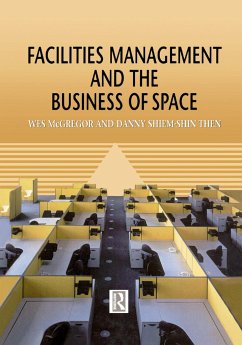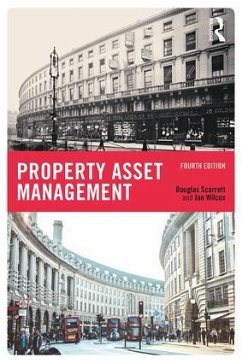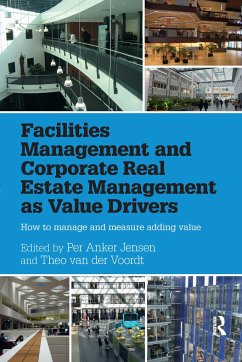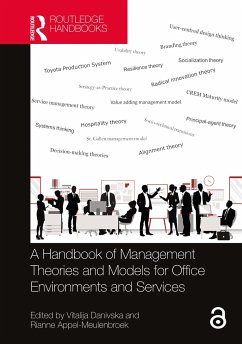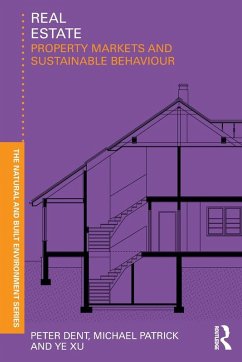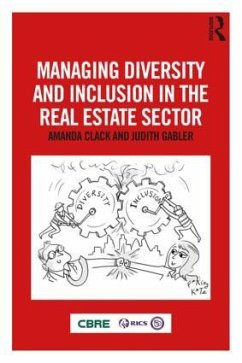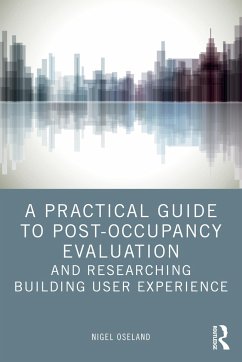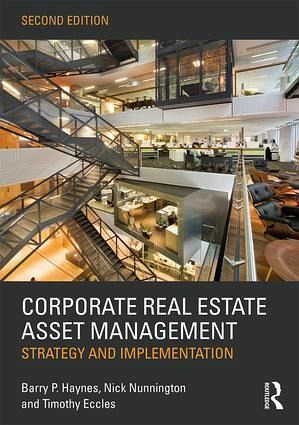
Corporate Real Estate Asset Management
Strategy and Implementation

PAYBACK Punkte
28 °P sammeln!
The second edition of Corporate Real Estate Asset Management is fully up to date with the latest thought and practice on successful and efficient use of corporate office space. Written from an occupier's perspective, the book presents a ten-point CREAM model that offers advice on issues such as sustainability, workplace productivity, real estate performance measurement, change management and customer focus. In addition, new case studies provide real-life examples of how corporations in the UK, USA, Hong Kong and Abu Dhabi actively manage their corporate real estate.The book is aimed at advance...
The second edition of Corporate Real Estate Asset Management is fully up to date with the latest thought and practice on successful and efficient use of corporate office space. Written from an occupier's perspective, the book presents a ten-point CREAM model that offers advice on issues such as sustainability, workplace productivity, real estate performance measurement, change management and customer focus. In addition, new case studies provide real-life examples of how corporations in the UK, USA, Hong Kong and Abu Dhabi actively manage their corporate real estate.
The book is aimed at advanced undergraduate and graduate students on corporate real estate, facilities management and real estate courses and international MBA programmes.
The book is aimed at advanced undergraduate and graduate students on corporate real estate, facilities management and real estate courses and international MBA programmes.





